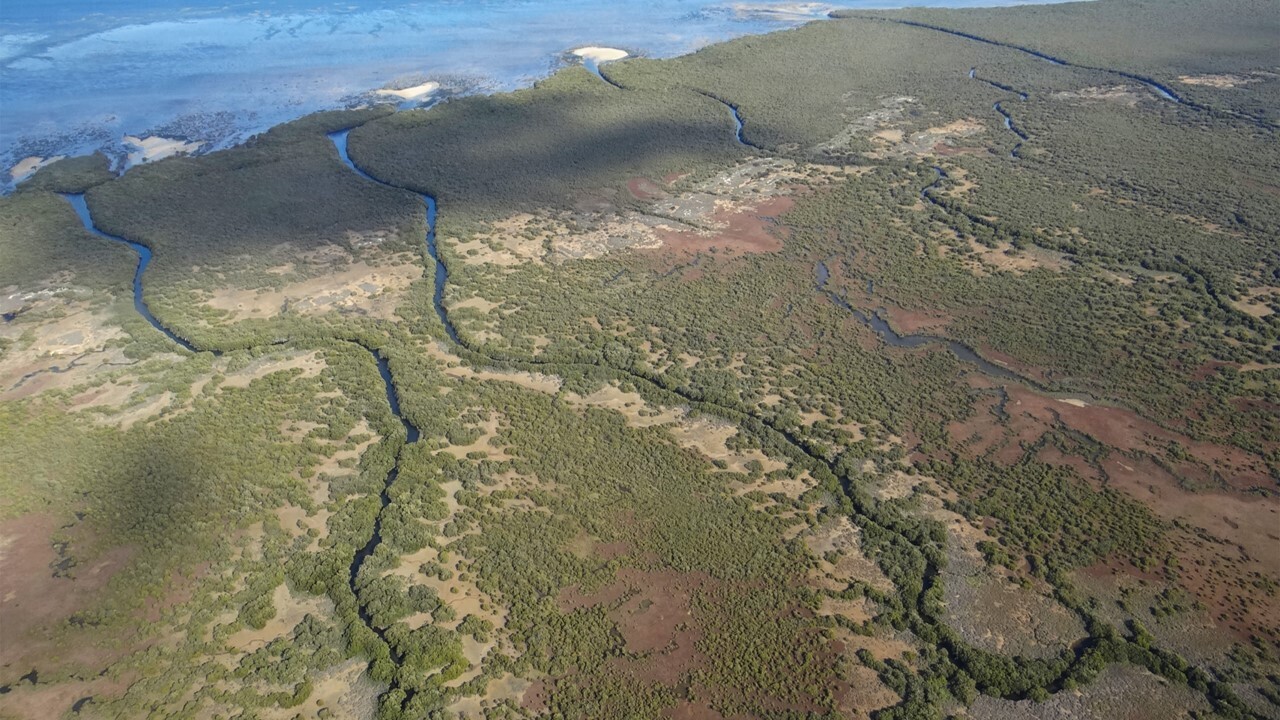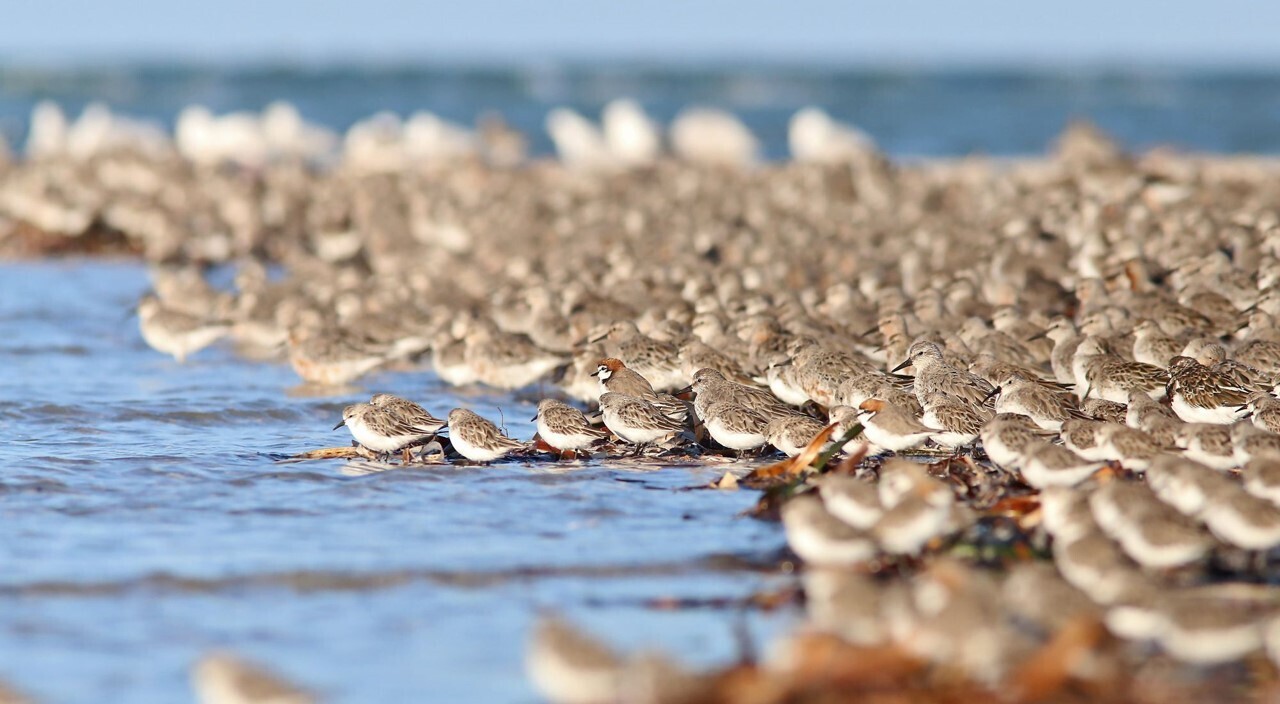




COmON Foundation was proud to contribute to The Nature Conservancy Australia’s groundbreaking blue carbon coastal wetland restoration project in Adelaide, South Australia. This milestone initiative, carried out with the South Australian Government and supported by Smartgroup, represented a major step forward in blue carbon conservation.
Blue carbon, the carbon once captured and stored by coastal wetlands such as mangroves, saltmarshes and seagrasses, offered a powerful natural solution to climate change. These ecosystems locked away carbon in sediment for millennia, helping to mitigate its effects.
Over the past year, The Nature Conservancy identified and developed an optimal restoration site near Webb Beach in the Adelaide International Bird Sanctuary in South Australia. This ecologically significant area served as a vital habitat for Australian and migratory birds, with thousands gathering there each year before continuing their journeys to breeding grounds in East Asia along one of the world’s major migratory flyways.

Adelaide's Bird Sanctuary: A Vital Link for Thousands of Shorebirds.
TNC’s team worked to restore natural tidal flow to the wetlands, expanding saltmarsh habitat and supporting ecological recovery. The project not only benefited the environment but also protected threatened species, encouraged tidal retreat, created fish habitats and provided vital feeding and roosting areas for migratory and resident shorebirds.
Smartgroup, a national provider of salary packaging and novated car leasing services, partnered in investing in carbon offsets in South Australia. Its contribution strengthened the site’s capacity as a carbon sink and reflected a clear commitment to environmental sustainability.
The project’s impact was significant. Restoring and protecting a 250-hectare coastal wetland was projected to remove around 20,000 tons of CO₂ from the atmosphere by 2100, marking a meaningful step in the global effort against climate change.
Coastal wetlands can absorb and store carbon at a greater rate than forests.
